The First weeks overview...
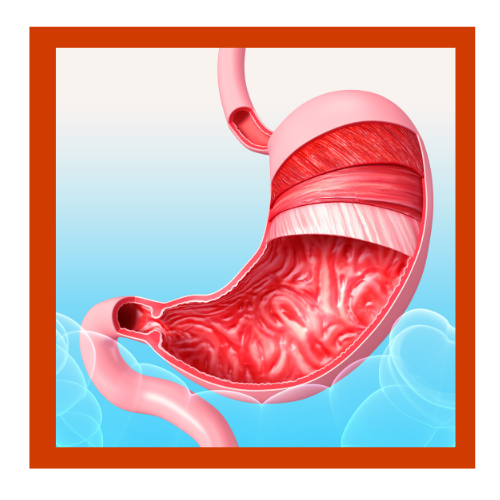
Looking back over all the articles I have written, something I have never discussed in great length over several articles is the gastrointestinal tract, or GI tract for short. I’ve discussed different areas of the GI tract but have never pieced the whole organ system together, so that is what I will be doing over the next few weeks.
Why is this an important topic? Hippocrates, the father of medicine, once said that “all disease begins in the gut.” If he knew about this problem thousands of years ago, we need to take notice. Another item to ponder is the gut/brain connection and the fact that a poorly functioning GI tract can be bad for what is happening in the brain.
According to a 2015 study from the journal Gastroenterology, treating gastrointestinal diseases costs $135.9 billion. They estimate that 95 million Americans go to the doctor yearly for GI issues. These statistics are several years old, and we can safely estimate that they are much greater currently based on healthcare inflation.
When we think about the start of digestion, it starts in our minds and noses. Thinking about and smelling food starts the process of saliva production. One of my favorite things is to walk in the door after a long day at work and to be greeted with the smell of food, which always gets my digestive juices flowing.
Saliva, acid, and enzymes are ramped up by these sensory stimuli so that when we put food in our mouths, the food can be broken down easily. Chewing your food 20-30 times with each bite is optimal for digestion, but it takes time and effort. Unfortunately, most don’t take the time necessary to break up the food we eat adequately.
Chewing also produces the digestive enzyme amylase, which aims to break down carbohydrates. If you have ever tried chewing on a cracker and keeping it in your mouth for as long as possible, it will eventually taste sweet. The enzyme is amylase, and it works by turning starch into sugar.
Once the chewed food is ready to be swallowed, it goes thru the upper esophageal sphincter down the esophagus, thru the lower esophageal sphincter (LES), and into the stomach. We have two sphincters or valves attached to the stomach, the LES, connecting the esophagus to the stomach, and the pyloric sphincter (PS), which connects the stomach to the duodenum or small intestine. The LES and PS valves are pH or acid dependent. The information on how these valves are affected by the pH of the stomach is hidden away in research dating back to the 1960s; more on that later.
Thinking about, smelling food, and now chewing all stimulate acid production in the stomach. The optimal pH of the stomach is 1 to 2, or the acidity of battery acid. Production of stomach acid has benefits outside of simply breaking down your food. Stomach acid is on the front line of our immune system. It kills bacteria, fungi, and viruses in our stomachs. If these microbes get past the stomach unharmed, they can wreak havoc on our GI tract and possibly our bodies.
A condition where you have inflammation lining of the esophagus and stomach is called gastritis, which I will discuss in depth next week. We often hear from patients that they have gastritis. Then we have prescribed a proton-pump inhibitor (PPI- omeprazole or Prilosec) or histamine-2 blocker (H2-Zantac or Pepcid), which decreases the production of stomach acid leading to an elevated pH of 4 or greater, the acidity of beer.
It is now when I ask the patient, “what do you think will digest your food better, battery acid or beer?” No one has ever gotten the question wrong, as battery acid will do a better job. Why do these medications work so well in reducing discomfort from gastritis? Because now the contents of the stomach are not irritating the inflamed tissue. Making the pH in the stomach less acidic is not a fix but a band aide to the problem. Once the band aide is ripped off, we are back to splashing acid on the inflamed tissue creating pain and reinforcing the need to continue treatment, and the vicious cycle continues.
PPIs are indicated for short courses of treatment, typically 4-8 weeks, unless a patient has a specific condition that requires long-term treatment. One of those conditions is called Barrett’s Esophagitis which occurs in about 1-2% of the population in the US. The CDC shows that 16.9% of adults take a prescription PPI, but that doesn’t include patients taking the OTC versions.
Long-term use of PPIs is setting them up for potential long-term problems, including an increased risk of candida (yeast) infections, H. Pylori (stomach infection), and SIBO (overgrowth of bacteria in the small intestine), all are microbial overgrowth due to a less acidic environment in the stomach. Other concerns come from the lack of nutrients being absorbed due to the less acidic environment, including the inability to absorb vitamin B12, gas, bloating, heartburn, acid reflux, and trouble digesting proteins.
One of the problems with low stomach acid, also known as hypochlorhydria, is that we are not checking to see if you have too much or too little acid. The general assumption is that if you have stomach issues, you have too much acid in your gut. Unfortunately, that isn’t always the case, and making the stomach less acidic with medications only fuels the fire. Checking the pH of the stomach with conventional methods can be expensive.
Why don’t we know more about the issues surrounding low stomach acid? This question could be pondered or speculated about for a long time. It seems like this information has been hidden since big pharma couldn’t make money by increasing stomach acid. The only way to profit from the stomach issues is to say all stomach issues are due to elevated stomach acid and then to have a product that will block a receptor or system shutting down the acid production.
The good news is that we have tools to get to the bottom of the acid question and protocols to get you feeling better. These tools are cheap ways to access stomach acid and, if needed, support the acid with dietary supplements.
If you want more information on digestive issues, call the pharmacy @ 701-483-4858 or stop in to schedule a consultation. Please visit my website at www.irsfeldpharmacy.com to find this and other archived articles in the blog section.
Until next time, be vigilant about your health!!!
VISIT US
HOURS
HOURS
CONTACT US
Fax #: (701) 483-4926




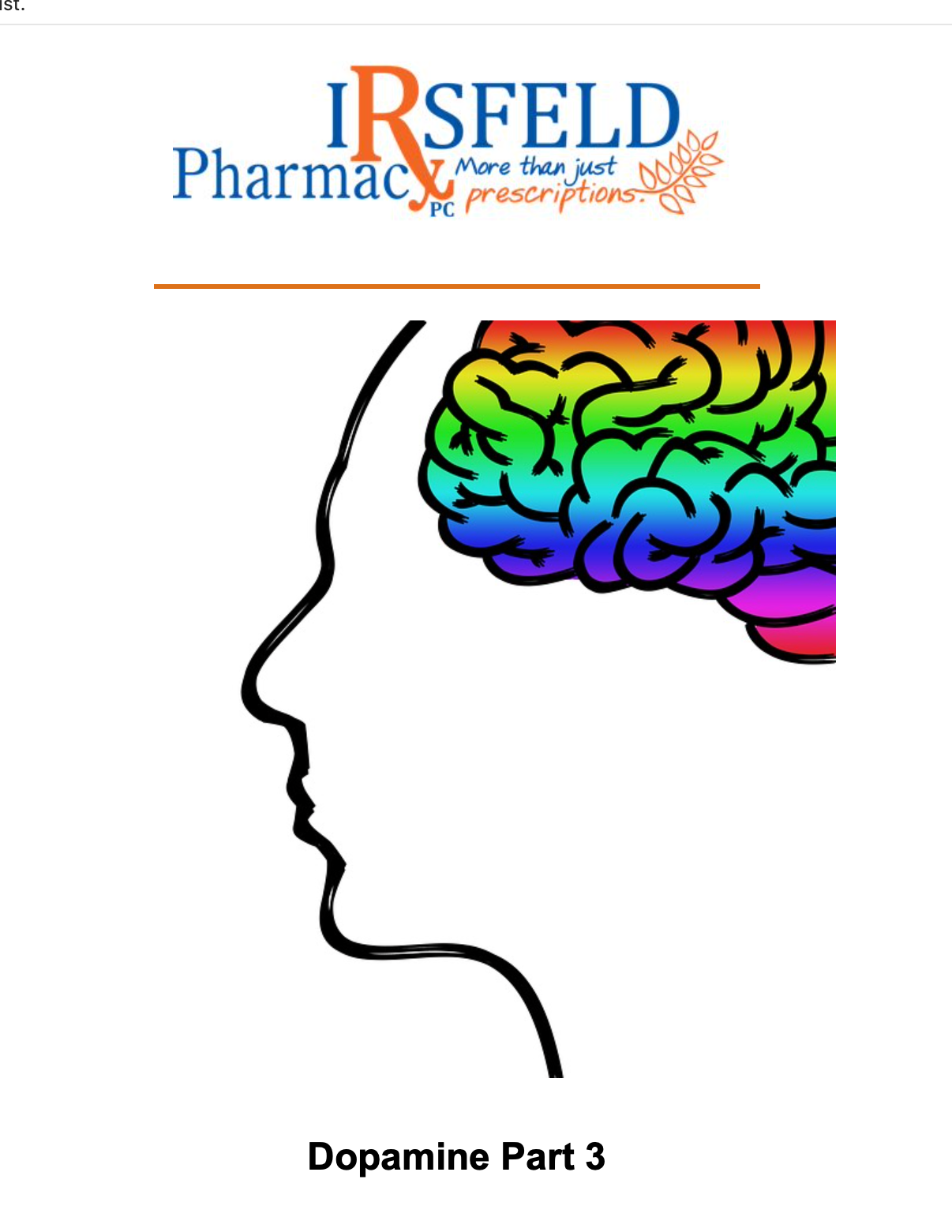

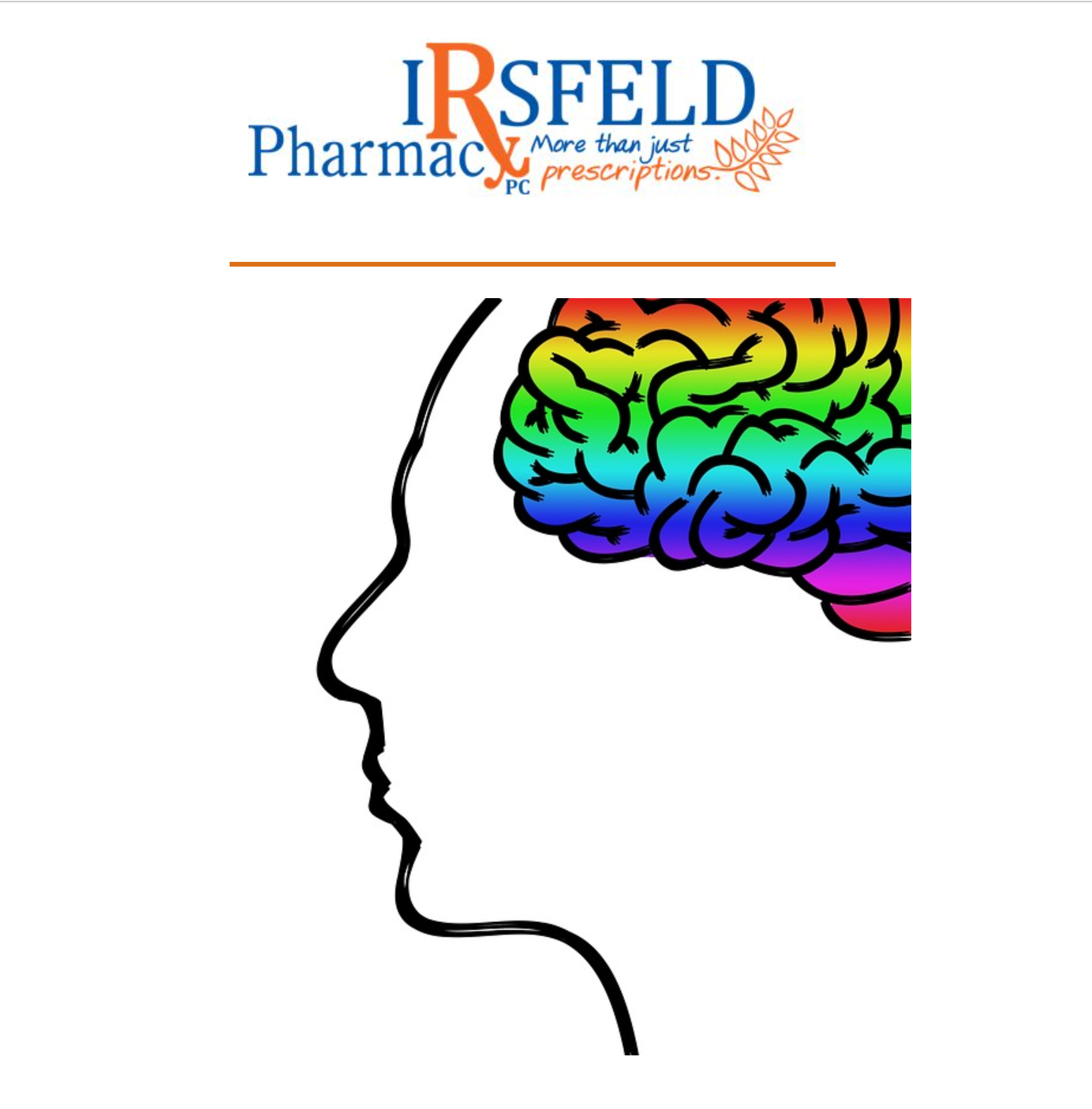
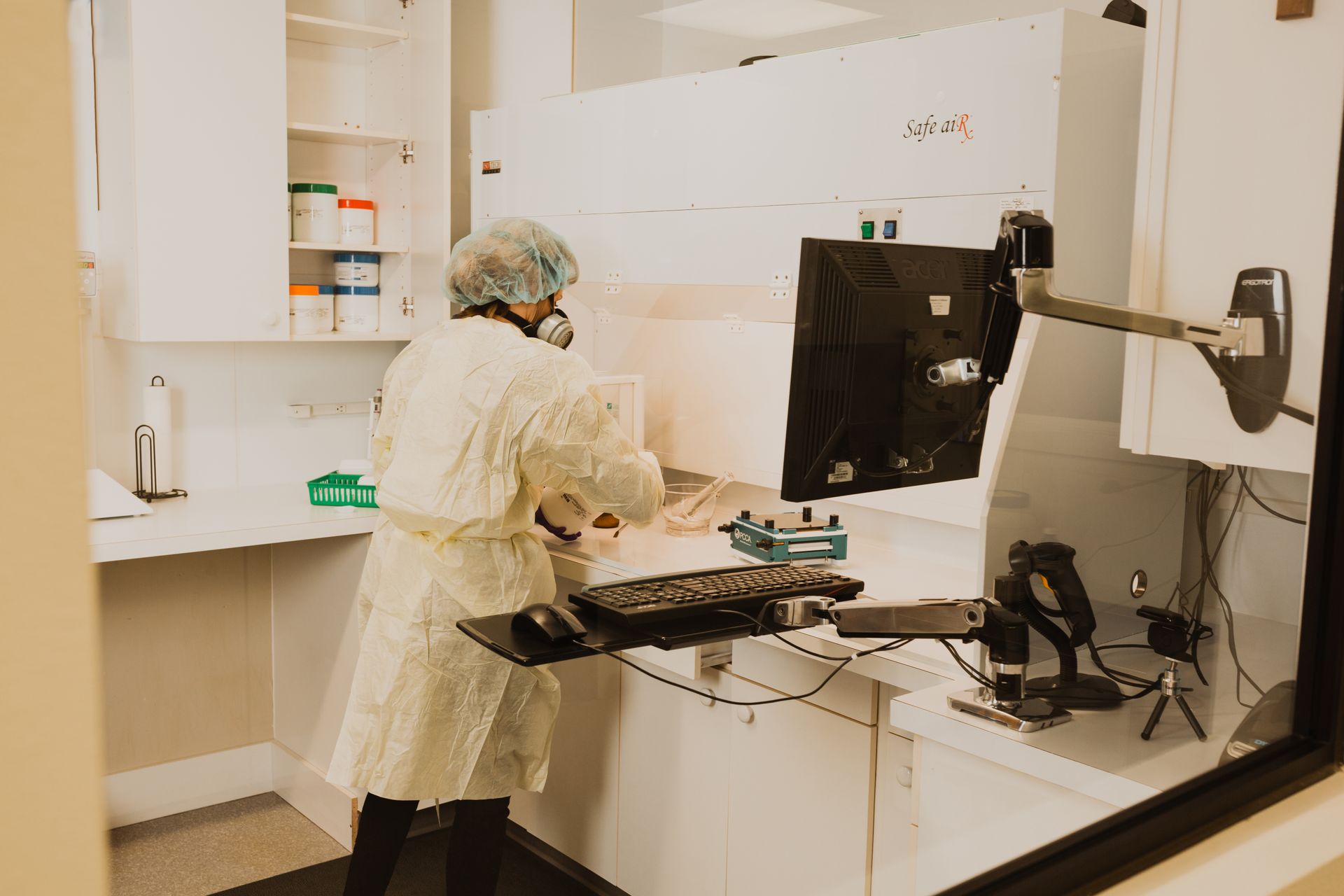


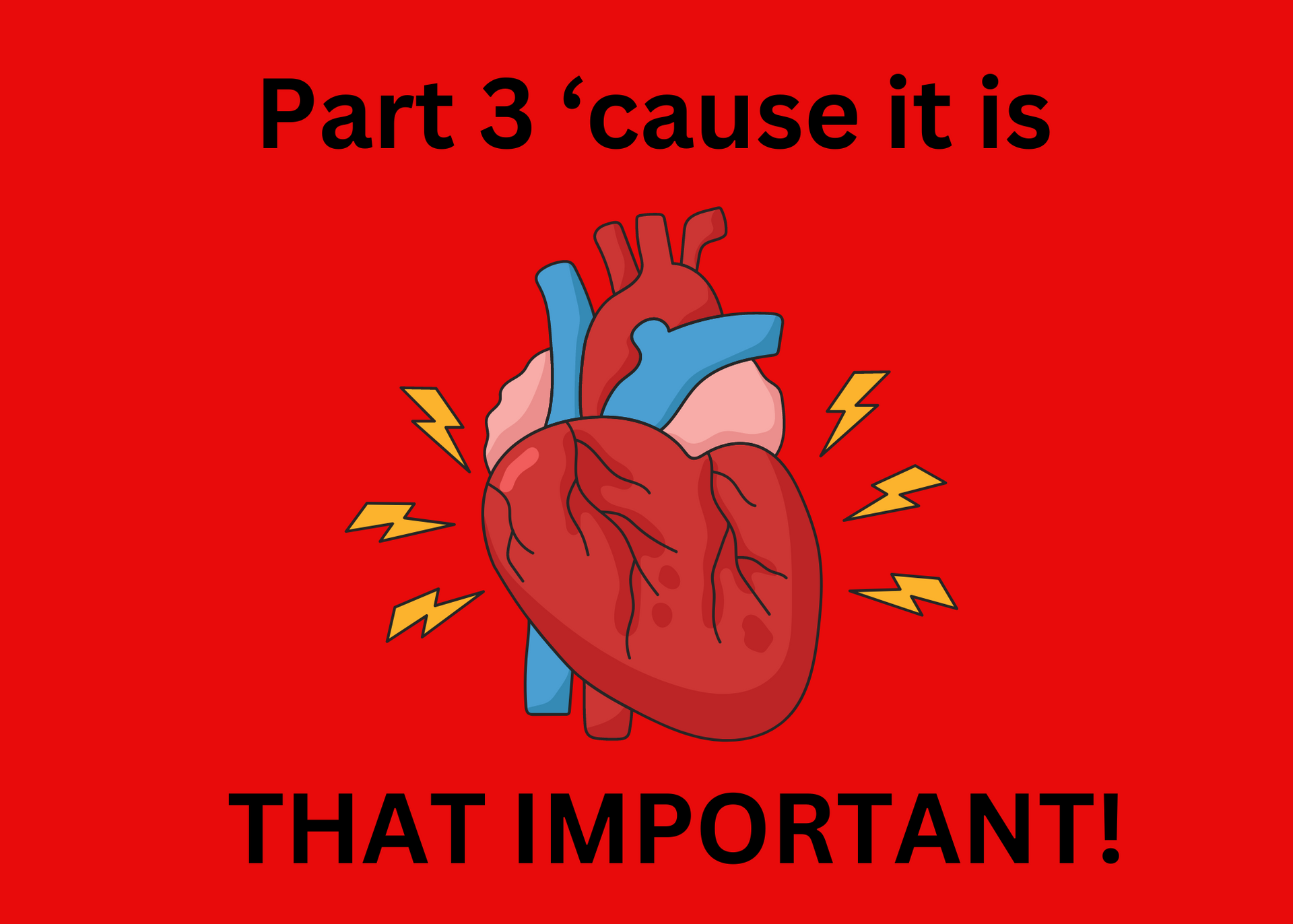
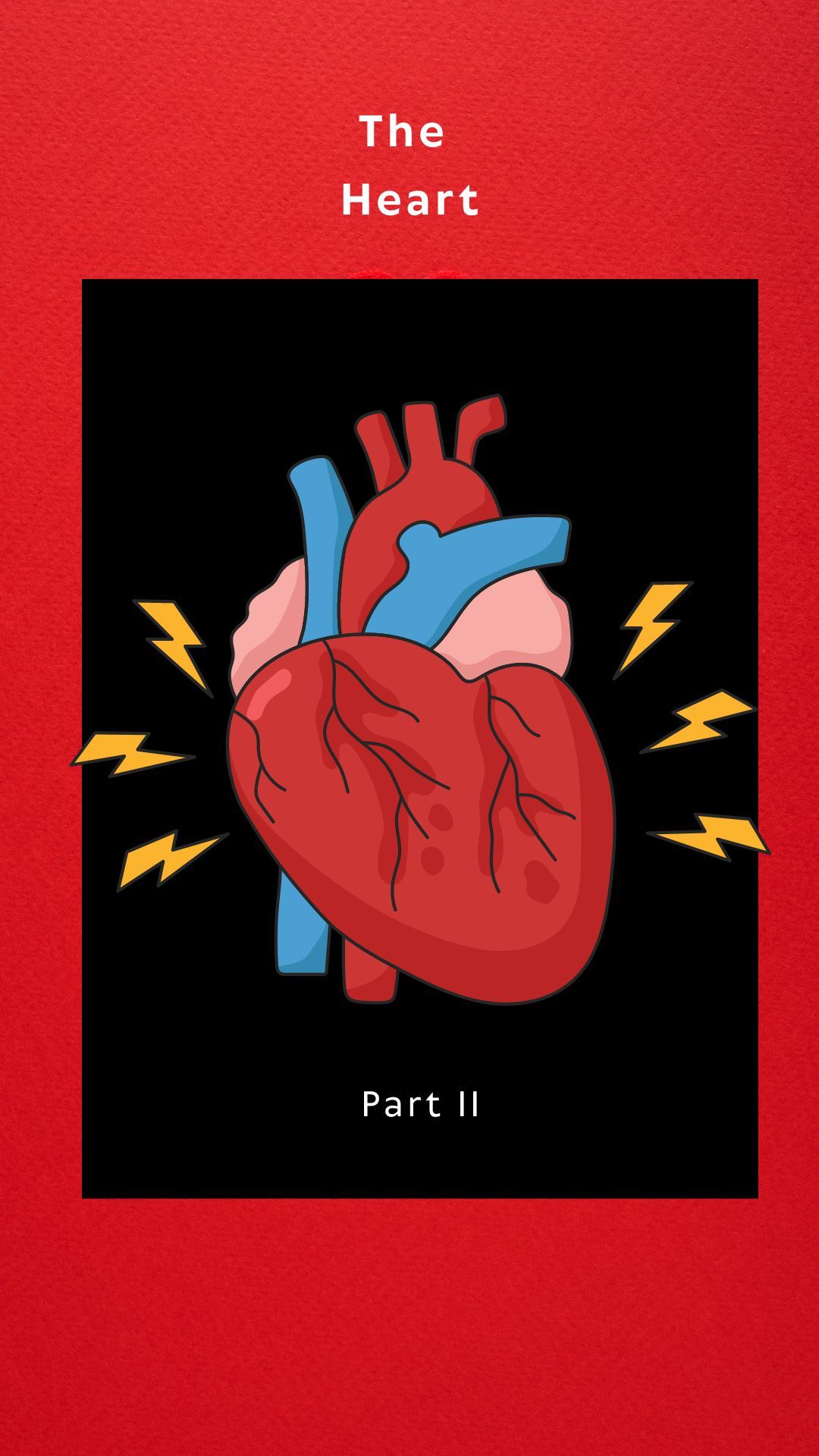
Share On: